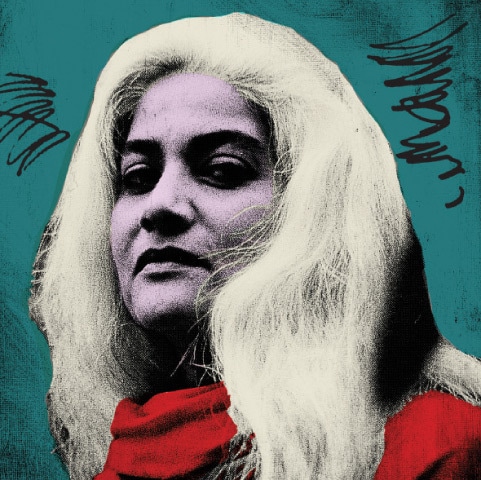
On April 28, 1967 the boxer Muhammad Ali (born as born Cassius Marcellus Clay Jr), publicly refused to join the war in Vietnam announcing, “I will not disgrace my religion, my people or myself by becoming a tool to enslave those who are fighting for their own justice, freedom and equality.”
Stripped of his heavyweight champion title, sentenced to five years in prison, fined 10,000 dollars, Ali had his boxing license revoked and was banned from boxing for three years. It was a heavy price to pay for the 25-year-old, and took great moral courage.
Courage is commonly associated with war or battle. Warrior heroes were immortalised in Homer’s Iliad and Odyssey, Firdausi’s Rostum and Sohrab, and Mir Anees’s account of the heroism at Karbala. Joan of Arc, Noor Inayat Khan, Major Aziz Bhatti and Flight Officer Rashid Minhas are among countless others whose stories of courage have earned them distinction.
While courage displayed by warriors is accompanied by hours of arduous training, there are daily examples of the courage of ordinary people: the farmer who plows his arid fields, uncertain if rains will come on time; the fruit and vegetable sellers trundling their carts in the intense summer heat; a surgeon who undertakes a complex operation; or even a child walking into a classroom on the first day of school.
Rosa Parks displayed her courage by not giving up her seat on the bus in the segregated American South. Novelist Aleksandr Solzhenitsyn spoke out against repression in the midst of communist rule in the USSR. The poet Habib Jalib challenged Gen Ayub Khan’s changes to the constitution with his famous poem Dastoor. Admiral SM Ahsan resigned in protest from his position as Martial Law Administrator of East Pakistan. More recently, the Indian actor Naseeruddin Shah spoke boldly for Muslims under threat from Hindu fundamentalism.
How do we acquire moral courage? Is it a human instinct or a value instilled in the home, community or by religious beliefs? This has been a philosophical debate since the time of Socrates. Recent scientific studies conducted at Yale and Harvard have concluded that humans are essentially good and our first instinct is to cooperate, but socialisation makes us fearful or indifferent.
Society teaches the majority to take the path of least resistance, rationalising inaction in the guise of loyalty and the greater good. Society also keeps changing its concepts of courage and cowardice — such as the question of whether Julian Assange is a hero or a traitor.
Kierkegaard says moral courage is “to fear God or fear error more than one fears men.” Malik Adnan attempted to protect a Sri Lankan in Sialkot from a mob of hundreds. For Ayesha Ikram, who was mauled at Minar-e-Pakistan, not one of the 400 men had the courage to protect her. Confucius said, “To see what is right and not do it is the worst cowardice.”
Albert Camus describes how cowardice grows: “Each decision to follow the path of least resistance led to another. The second offence was no worse than the first, but the one combined with the other amounted to an act of cowardice. Two acts of cowardice added up to dishonour.” He adds, “In a world where craftiness was always right, one had to make an effort not to be wrong.”
How do you choose the right way instead of the easy way? Where bravery is an instinct, fearlessness and courage is a choice that involves taking action in spite of fear.
Cowardice is a more complex emotion. Cowardice is considered the worst insult for a man. Conversely, there is said to be wisdom and prudence in picking one’s battles.
Pakistanis place high value in the words for courage — shujaat, bahaduri, himmat, hausla, delairi — and are quick to mock cowardice or buzdili. Yet in this blurring of right and wrong that defines our times, few can summon up the moral courage to speak out in the face of wrongdoing.
Durriya Kazi is a Karachi-based artist.
She may be reached at durriyakazi1918@gmail.com
Published in Dawn, EOS, January 9th, 2022














































